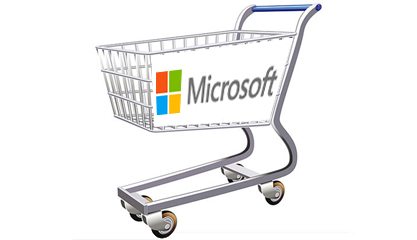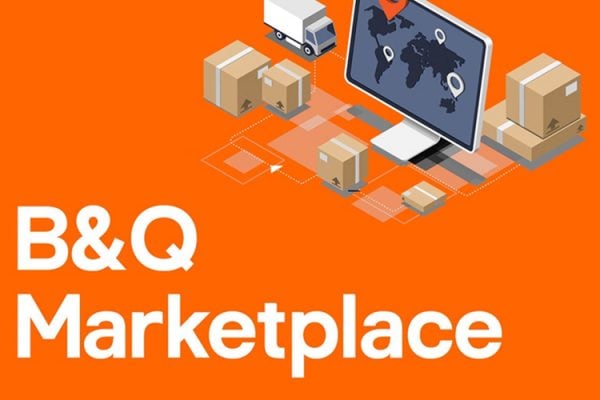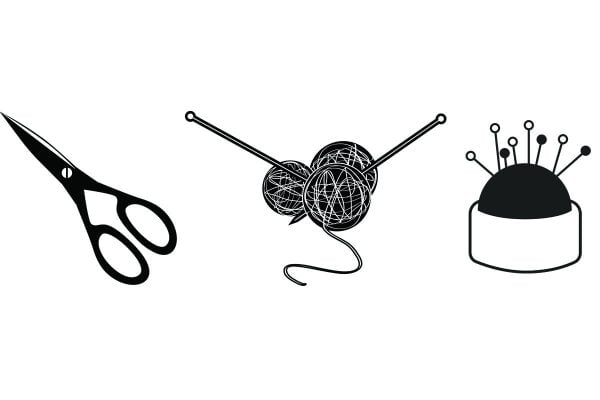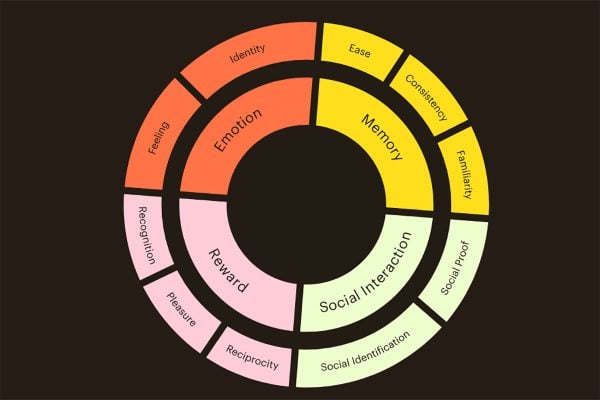 Microsoft have shelved Project Brazil, a plan to roll out an e-commerce marketplace in direct competition with eBay and Amazon. According to the Wall Street Journal they had already approached retailers and technology companies and were even considering part subsidising the marketplace with dollars earned from Bing advertising.
Microsoft have shelved Project Brazil, a plan to roll out an e-commerce marketplace in direct competition with eBay and Amazon. According to the Wall Street Journal they had already approached retailers and technology companies and were even considering part subsidising the marketplace with dollars earned from Bing advertising.
There would have been a shopping cart, shipping options to enable a direct commerce model between customers and brands and merchants. That’s now all been shelved.
Microsoft said “Project Brazil was an incubation to enable a more direct commerce model between customers and brands and merchants. We remain committed to finding new and differentiated ways to enable a richer, more task oriented approach to e-commerce and online advertising“.
Why would a company who traditionally code desktop operating systems and applications be interested in a marketplace? Well Bing is a search engine which also powers Yahoo! search. That’s a direct competitor to Google. Microsoft however are predicted to have just 4.6% of the US search market in 2013. Add in 6.5% from Yahoo! and they have around 11.1% total market share, up from 10.4% in 2012.
That’s tiny compared with Google’s 73.8% share for 2012 and 2013 and in the UK and Europe Bing appears to be used even less. If Microsoft want to diversify from software and get a slice of the $1 trillion B2C ecommerce pie then a marketplace tied to search would be an obvious answer.
Even if Microsoft had diverted ad revenue to subsidise discounts to attract sales they’d still have been on to a winner.
So is it all over for Microsoft marketplace? Probably not. Just because Project Brazil has been cancelled doesn’t mean that Microsoft will close their eyes to ecommerce which is still growing at a rate of 21.1%. It’s likely Project Brazil was simply the wrong solution and at some time in the near future Microsoft will be back with something bigger, better and more robust and that a Microsoft Marketplace will become a reality.









